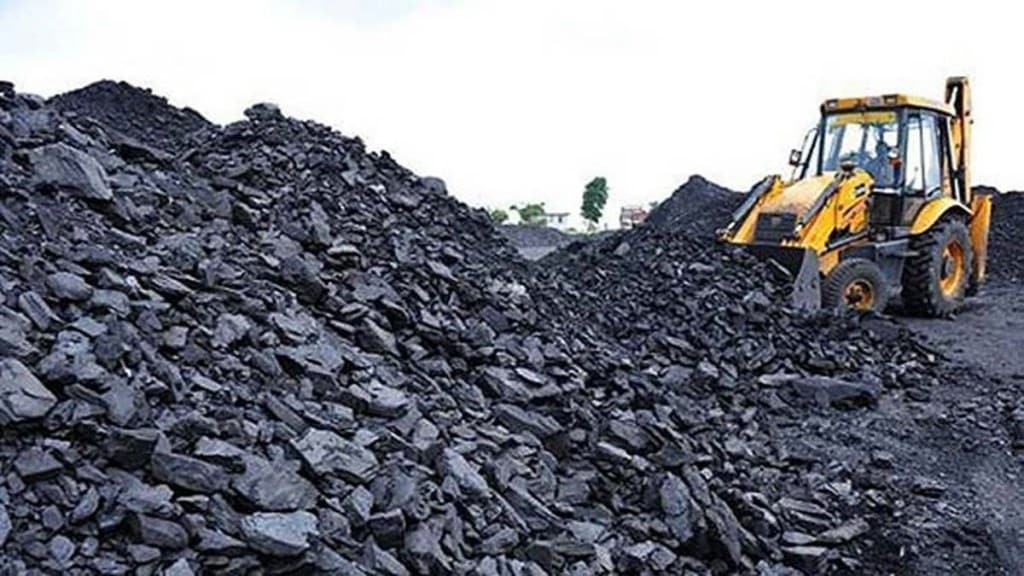Coal India’s subsidiary Central Coalfields Ltd plans to increase its annual capital expenditure to Rs 5,000 crore by 2030 while expanding its operations to increase coal output.
This is against a targetted Rs 2,100 crore in the current fiscal, which is set to be exceeded by Rs 900 crore.
CCL is aiming to register a growth of 26% in its coal production, taking it to 106 million tonne in the upcoming financial year 2024-25 from the current output of 84 million tonne. In FY26, the company will produce 135 million tonne of coal.
“From FY26, four new first mile connectivity projects will come and we will need to reach the level of Rs 5,000 crore capex by 2030, the company’s director (technical) Ram Baboo Prasad said.
He informed that three of the four identified projects are likely to be completed in 2025 and the remaining one is expected in October 2024.
Furthermore, to reduce the country’s dependence on imports of coking coal, CCL is building five new washeries which will be able to reduce the ash content in the produced coal to 16% from the current 19%.
All this is in sync with the government’s goal of producing 1.5 billion tonne of coal domestically by 2030 and halt imports of coal by 2026.
“In CCL, we are establishing five new washeries within 3 years and we are enhancing our coking coal washing capacity,” Prasad said. “New washeries will be able to reduce ash content up to 16%. By this 3% reduction in the ash content, we will be able to improve our (India’s) contribution to coking coal (availability) by that much percentage.”
Currently, there are only two companies – Bharat Coking Coal Ltd and CCL, both subsidiaries of CIL – that produce coking coal in the country and India has to rely heavily on imports due to the high amount of ash content in the coal produced indigenously. To obtain coking coal – used in the steel industry, the percentage of ash should be less than 12%. Presently, India imports approximately 70% of its coking coal requirement.
The official informed that the new washeries will be built in BOO (Build-Own-Operate) model and will have a combined throughput capacity of 14.5 million tonne per annum.
The company reported net profit after tax at Rs 1,713 crore in the half year ended September of FY24, up almost 28% from Rs 1,340 crore during the first half of last fiscal. The company is confident regarding its growth and sees reporting healthy profit in the upcoming quarters as well.
